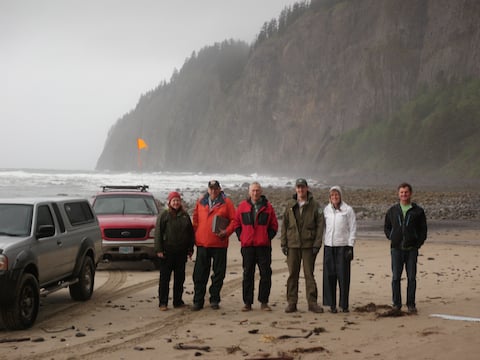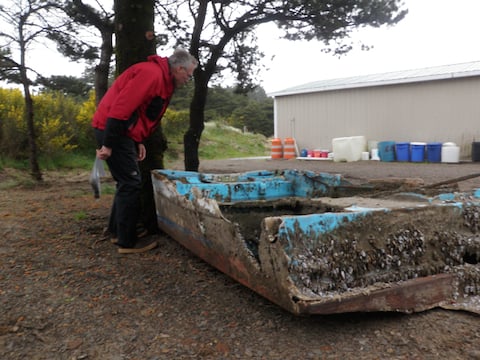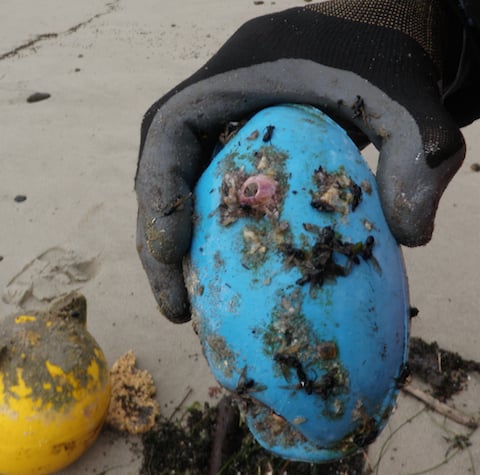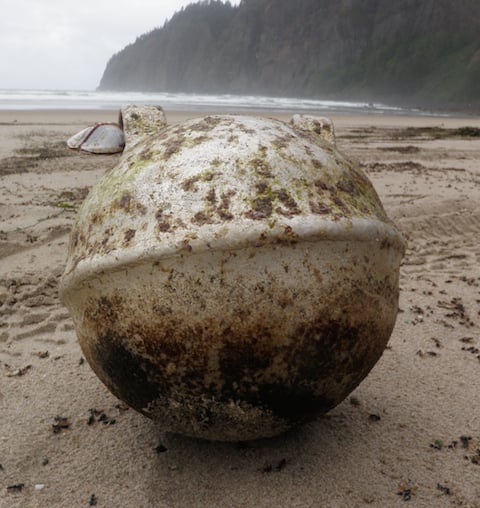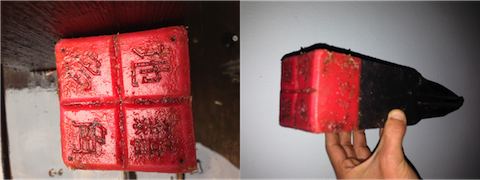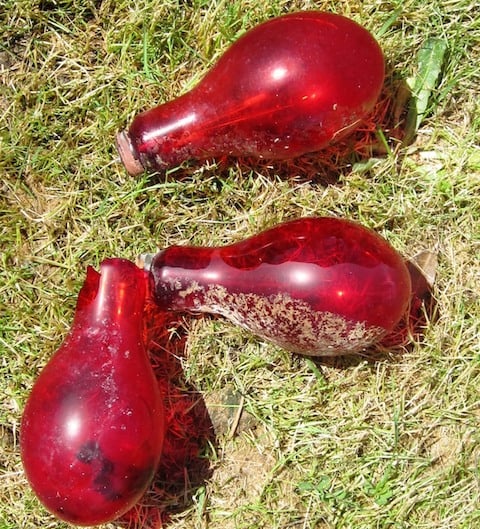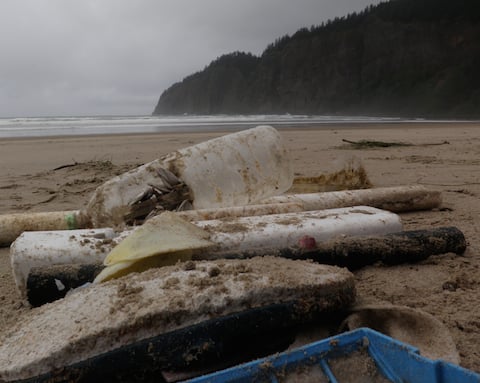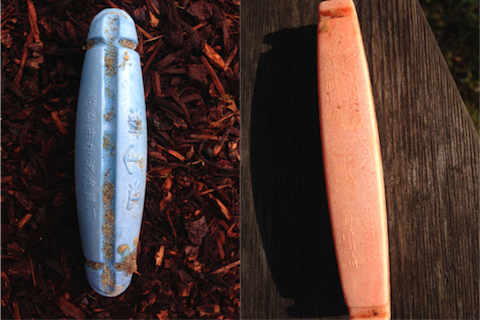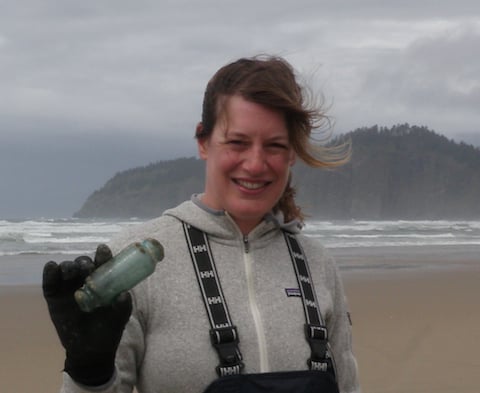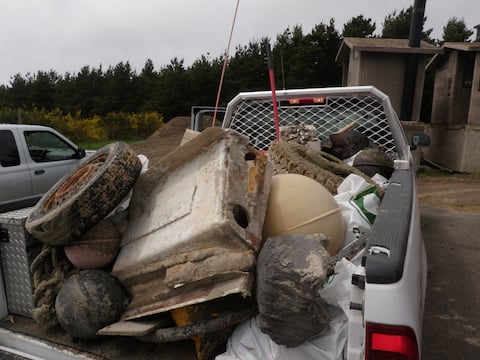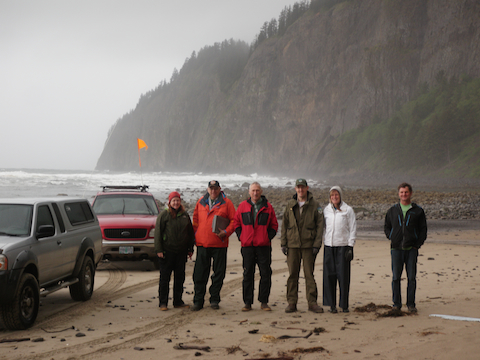
A hearty thanks to all the Surfrider volunteers that came out last Sunday to support the rapid response cleanup at Cape Lookout! Approximately 50-60% of the debris had Japanese characters, much of it the typical things we’ve been seeing following the tsunami event, but it's hard to say if this is just more gyre junk from westerly winds or actually tsunami debris. A total of 4 truckloads of plastic floats, foam, household items, and a partial boat hull among other things were removed from this remote and ecologically significant headland.
The day’s weather began a bit ominous, but the clouds held back the rain Sunday as volunteers set out from Sand Lake Beach Access, targeting Cape Lookout for a rapid response cleanup. The cleanup was initiated based on reports from OPRD Beach Ranger, Ryan Parker, that unusually high amounts of debris had been accumulating along this remote stretch of beach and throughout the Cape’s south rocky intertidal habitat. The uptick in debris this spring following the westerly weather has left some areas in great need of cleanups, especially the more remote and sensitive habitats. The typically closed area of the beach was opened up to a few volunteer vehicles under the leadership and instruction of OPRD’s beach ranger staff to access the remote Cape’s area in need of a rapid response cleanup.
Oregon State University’s invasive species specialist John Chapman and colleague also joined the cleanup effort to help document organisms that were found on some of the debris. Both non-native barnacles and mussels were documented on a fair amount of the debris, sampled and returned to John’s lab at Hatfield Marine Science Center for further research.
Full data and a write up on this and other rapid response cleanup events will soon be available on a web resource we are creating to document these unique cleanup events. This year-long project that Oregon chapters and volunteers are leading is being supported by and funded in part by NOAA’s Marine Debris Program and the National Marine Sanctuary Foundation! Some photos below of some of the unique finds from the cleanup event, be sure and check out all the great photos from this event at the link below:
For all Cape Lookout Marine Debris Cleanup Photos Click Here

